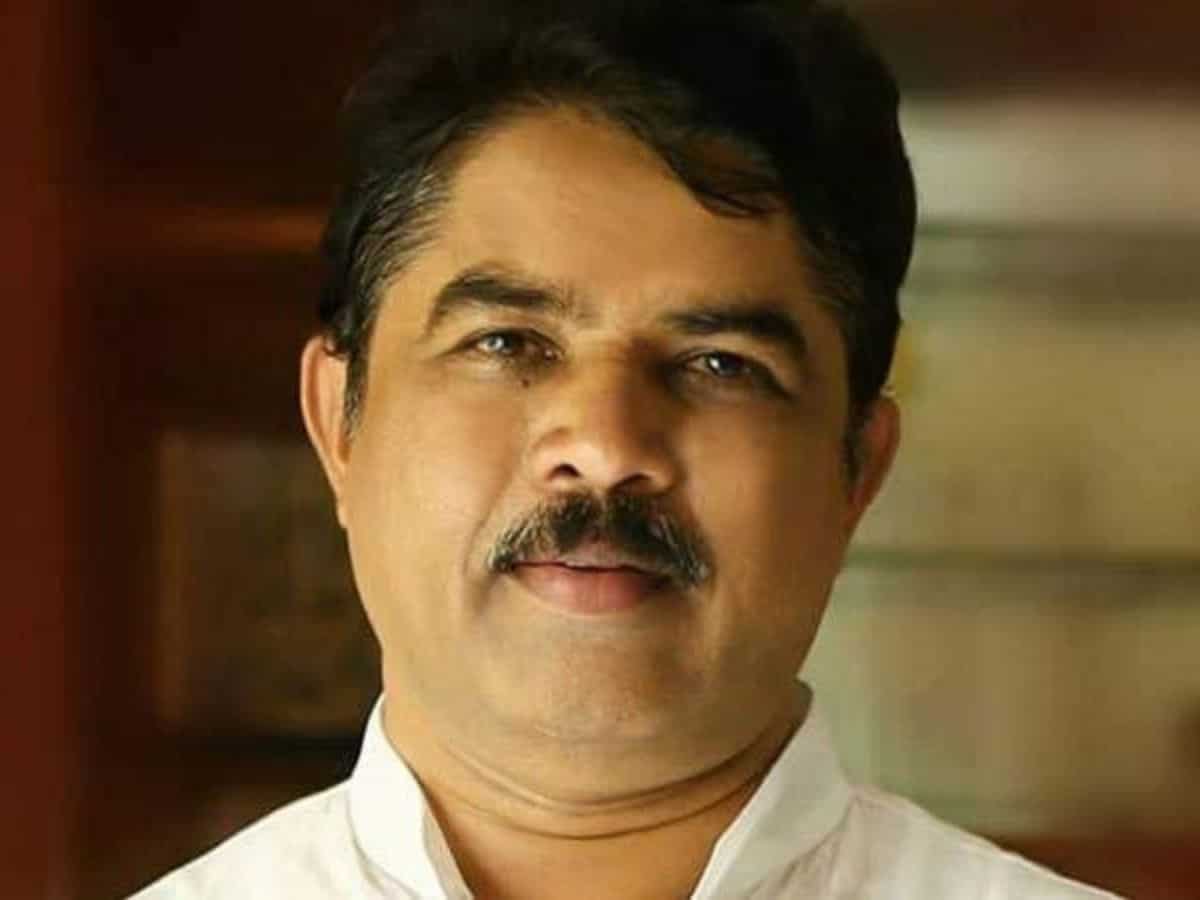
Bengaluru: In a move that has sparked debates within the Bharatiya Janata Party (BJP), the selection of R Ashoka as the Leader of the Opposition, leaving aside considerations of caste and regional representation, is now under scrutiny for its underlying motivations.
Despite Ashoka having handled various ministerial portfolios, he did not emerge as the singular leader of the Vokkaliga community of the entire state, prompting allegations of ‘conformity’ politics from within the party.
Appointments aimed at solidifying Yediyurappa
The selection, however, is believed to have been orchestrated by the BJP’s Central Parliamentary Board members, with sources suggesting that the decision aims to convey a message that Yediyurappa has not forsaken the alliance and is honoring commitments made to Ashoka prior to the assembly elections.
Yediyurappa’s success in the appointment of his son Vijayendra as the party president has solidified his influence within the party. When it came to selecting the Leader of the Opposition, Yediyurappa sought a compliant figure, fearing that B L Santhosh’s group might not align with his agenda, potentially causing disarray both within and outside the House.
Additionally, concerns about potential hindrances to the party organization influenced this decision.
Ashoka, pressured by seniors to contest in Kanakapura and Padmanabha nagara assembly constituencies during the last husting opted not to face off against Shivakumar, as he perceived the move as part of a political strategy to undermine him.
Despite losing in the Kanakapura constituency, Ashoka, who aspired for the presidency, was disappointed but was eventually offered the position of Leader of the Opposition as a means of appeasement.
Appointments aimed at LS polls
The choice of Ashoka also appears linked to the fear of a political setback in the Lok Sabha elections in the Vokkaliga-dominated Mysore region if the Vokkaliga community is not represented adequately.
The announcement of Ashoka’s selection as Leader of the Opposition stirred discontent among party MLAs, with Basanagowda Patila Yatnal and Ramesh Jarakiholi expressing their dissent by walking out of the meeting. The absence of MLAs and former ministers ST Somasekhar and Shivaram Hebbar further highlighted internal disagreements.
Union Finance Minister Nirmala Sitharaman and party national secretary Dushyant Kumar Gautam, serving as observers, faced the displeasure of MLAs during the election process. Notably, MLAs openly expressed their dissatisfaction with the selection, emphasizing the internal discord within the party.
BJP grapples with internal dissent
As controversies loom over Ashoka’s appointment and Vijayendra’s selection as party president, the BJP grapples with internal dissent and strives to present a united front in the upcoming Lok Sabha elections, expressing the collective aim to secure a maximum number of seats and work towards the re-election of Prime Minister Modi.
“Many MLAs are not satisfied with the appointment of Vijayendra as the party president. Ashoka has now been imposed on it. The high command may have decided to bring Ashoka to this position on Yeddyurappa’s advice because it would be convenient for Vijayendra to carry out his duties,” said an MLA on condition of anonymity told Siasat.com.
“At present, our aim is to win the maximum number of seats in the Lok Sabha elections. We will endure all the pains to make Modi PM again. We will work hard together,” he added.
